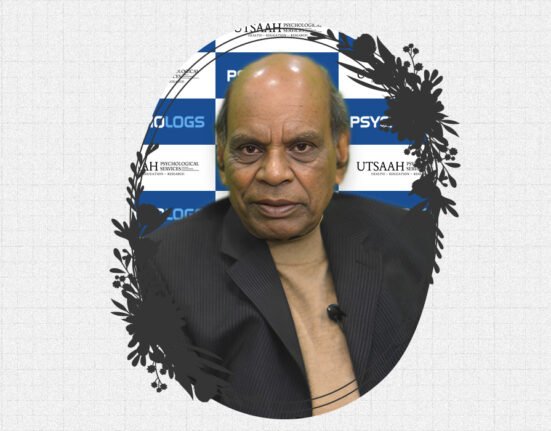Psychologists are facing challenges in meeting the demands of patients experiencing severe symptoms, according to the report, which is a result of the mental health crisis. Many psychologists are finding it difficult to cope with the rising demand from patients presenting with more severe symptoms year after year due to the persistent mental health crisis. More than half of the 561 licenced practising psychologists surveyed (52%) said their patients’ symptoms have become worse, and 41% said they have to spend more time with each patient, which could make it difficult for them to take on new patients. The survey ran from August 30 to September 29, 2023.
The same percentage of doctors claimed they couldn’t take on any additional patients (56%). Additionally, 31% of psychologists reported typical wait periods greater than three months, and 69% of those who kept a waiting list claimed that the average wait was up to three months. Anxiety disorders (reported by 68% of psychologists) and trauma and stress-related disorders (reported by 50% of psychologists) are becoming increasingly popular among patients seeking therapy.
According to APA CEO Arthur C. Evans Jr., PhD., “psychologists are under pressure” due to the ongoing mental health crises. Consistently rising costs for care, driven by more severe symptoms and longer treatment durations, are highlighted by these results. Psychologists are working at the limit of their abilities in this scenario. To keep up with demand, we must create public health initiatives that are all-encompassing, aiming to improve people’s physical and mental well-being at all stages of life.
Psychologists are already adjusting to the public’s evolving requirements, according to the poll. This is seen, for instance, in their roles as members of integrated care teams and in hospital settings. The majority of psychologists (86%) have experience collaborating with other medical professionals, and over 60% report doing so on a regular or frequent basis.
Psychologists (with 76% saying they worked with them and 38% saying it was frequently), psychiatrists (with 46% saying it was often), occupational therapists (30% saying it was sometimes), physician assistants (41% saying it was often), community health workers (30% saying it was sometimes), speech-language pathologists (28% saying it was sometimes), and other doctors (45% saying it was often). Psychologist patients often suffer from both mental and physical health issues; for example, half of their patients report dealing with chronic pain, 42% with obesity or weight problems, 27% with certain cancer symptoms, and 25% with high blood pressure.
Adaptability has been on display among psychologists, who shifted to remote or hybrid work arrangements throughout the pandemic. The poll found that 67% of doctors are currently working in hybrid practices, seeing some patients in person and some online, and only 21% are providing completely remote practices (down from 64% in 2020). Of all psychologists surveyed, 36% indicated they had experienced burnout, and 21% said they intended to cut back on their hours in the coming year. Still, 73% claimed they could take care of themselves, and 63% stated they could strike a good balance between work and personal life.













Leave feedback about this